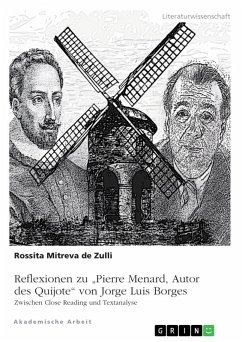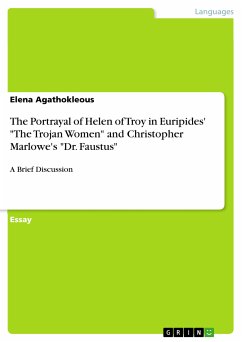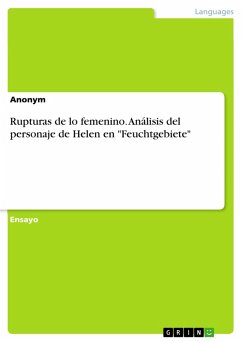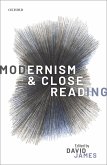Essay from the year 2017 in the subject Literature - Basics, grade: 90.00, , course: Poetry, language: English, abstract: A close reading of Seferis' poem Helen including elements around the Greek myth as the background of the poem. A verse by verse examination is done for crucial verses in the poem and potential meanings are discussed. Seferis' "Helen" is written in free verse and does not feature a fixed rhyme scheme straying this way away from traditional forms of poetry. While the poem is written in a modernist form, the mythical element is overwhelming in the poem, a contradiction that connects the present with the past. The poem's epigraph sets the mythological background which relates the poem to the Greek mythology tradition. Homer's myth about Paris' choice of Helen as fairer than goddesses lingers in the background as the basis of all that follows and as the initial cause of the Trojan War. In the first three verses of the epigraph, it is established that the speaker is in exile ordered by "Appolow", a man away from his home. Finally the epigraph, informs in the words of Helen that she was never in Troy, instead there was just a phantom image of hers there. The myth sets the context of the poem while the myths are further elaborated as the memories of the speaker who reminisces in a dramatic monologue triggered by the nightingale's song and his inability to sleep, tormented by these memories. The repetition of the phrase "The nightingales won't let you sleep in Platres", written in quotation marks as if someone else is uttering them, also points to the use of the chorus in the ancient tragedy form, in which the chorus often repeats certain words connecting the poem even more to the ancient Greek mythology tradition.
Dieser Download kann aus rechtlichen Gründen nur mit Rechnungsadresse in A, B, BG, CY, CZ, D, DK, EW, E, FIN, F, GR, HR, H, IRL, I, LT, L, LR, M, NL, PL, P, R, S, SLO, SK ausgeliefert werden.









